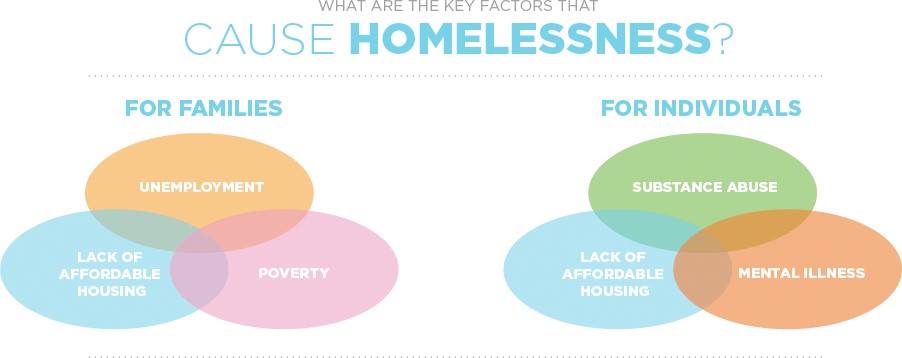Since Americans have now realized the truth about the seriousness of COVID-19, many are in a psycho-social frenzy related to personal health, and that of family and friends. Every day, news reports detail the new cases and deaths resulting from the pandemic, not to mention existential threats to our constitutionally protected civil rights. Our survival instincts battle to find a way to overcome this invisible, easily transmissible virus and return to the lives we once knew.
Consider the abject denials and reprehensible lies that obfuscate the seriousness of this virus. These deliberately false statements leave us confused and shocked – should we wear masks and practice safe distancing, or not? Even now, some politicians continue to peddle the idea that time or herd immunity will miraculously neutralize this corona virus that has resulted in 7,835,007 total cases and 215,194 deaths in the U.S. as of October 14, 2020.
The pandemic has magnified issues documented in recent research studies that predicted a woeful lack of hospital beds, too few medical providers, shortages of life-saving equipment and an inadequate capacity to handle an unexpected surge in patients with contagious diseases. For decades, the aging of the Baby Boomers was touted as the greatest threat to our overburdened U.S. healthcare system; the COVID-19 pandemic has created a new calculation.
While many U.S. politicians continue to debate whether healthcare is a civic right or an out-of-date collection of unaffordable welfare programs, disabled persons of all ages have come to understand the grim reality of having a multi-layered U.S. healthcare system in control of one’s well-being and quality of life. As many as 3.5 million Americans are homeless each year. Of these, more than 1 million are children and on any given night, more than 300,000 children are homeless. Today, older adults make up 23 percent of the sheltered homeless population, up from 16.5 percent in 2007.

Source: Burien Homelessness Think Tank
Our current healthcare system reimburses for some formal caregiving and personal help, long-term care, home healthcare and specific transportation costs. Moreover, it is possible, although difficult, to obtain Social Security disability benefits. Still, disabled and needing a caregiver, or home healthcare, or just having to pay for medications versus having enough money to meet ordinary living expenses – this crush of concurrent needs often results in older adults and disabled persons falling through the cracks, being ignored – left homeless. These scenarios present interrelated, unique stories that often lead to unacceptable outcomes in the real world lives of older adults and disabled persons. But why?
Healthcare disparities were on full display when President Trump was flown in and out of the Walter Reed Medical Center Hospital last week. He received multiple experimental treatments and extensive oxygen therapy – both in the hospital and at home, until the manifestations of the COVID-19 viral infection passed. This is not to condemn the president’s survival or that he received the best treatments available, but, it begs the questions, “Why are most of us denied the right to the same customized healthcare and home health treatments that the president received, especially since we are the funders of his healthcare?” and “Why couldn’t our elected officials make our tax dollars work for us, create new healthcare jobs, for example, and brush aside the disparities replete in our public health system?”
Some politicians believe that healthcare is a privilege and not a Constitutional right. Perhaps they haven’t read the preamble to the Declaration of Independence (U.S. 1776) which states, “We hold these truths to be self-evident, that all men are created equal, that they are endowed by their Creator with certain unalienable Rights, that among these are Life, Liberty and the pursuit of Happiness.”
Face it, if you live long enough, you or your loved ones will be receiving benefits from Medicare, Social Security and other social programs. Now, more than ever, your life and long-term health are dependent on your voting in this election. Exercise your civic responsibility by voting for officials who care about the health and well-being of American’s of all ages, all physical and cognitive abilities, regardless of their socio-economic status.
To find your local voting center, please visit the L.A. County Voting Centers. If your friends outside of L.A. need help to locate voting information, please visit the Better Know a Ballot website. If you need more information or wish to comment, please contact the authors at: doctorgeorgeshannon@gmail.com.
George Shannon, MSG, PhD, Director: Rongxiang Xu Regenerative Life Sciences Lab (RxX Lab); Erin Crutcher, MSG Candidate; Mengzhao Yan, MA; Research Assistants, RxX Lab; USC Leonard Davis School of Gerontology
Advertising disclosure: We may receive compensation for some of the links in our stories. Thank you for supporting LA Weekly and our advertisers.

